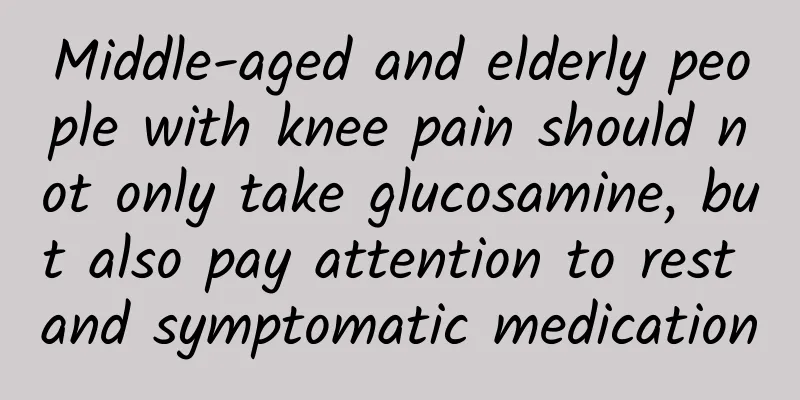[Medical Q&A] How to treat panic disorder?
![[Medical Q&A] How to treat panic disorder?](/upload/images/67f0f9723523b.webp)
|
Author: Wang Jinxiang, The Second Affiliated Hospital of Xinxiang Medical College Reviewer: Guo Yanxiang, deputy chief physician, Shaanxi Province (Xi'an) Mental Health Center The current treatment for panic disorder is mainly medication and cognitive behavioral therapy. 1. Drug treatment, such as ① Benzodiazepines: such as lorazepam, alprazolam, clonazepam, etc., which are effective in treating panic attacks. ② Serotonin reuptake inhibitors (such as sertraline, paroxetine, fluoxetine, escitalopram, etc.) and serotonin and norepinephrine reuptake inhibitors (such as venlafaxine, duloxetine, etc.) are effective in treating panic disorder, especially when panic disorder is comorbid with depressive disorder, and usually take effect in 2 to 3 weeks. ③ Tricyclic antidepressants: such as clomipramine, which are effective in treating panic disorder, but it is recommended to start with a small dose and not overdose. In clinical practice, benzodiazepines are usually combined with serotonin reuptake inhibitors (or serotonin and norepinephrine reuptake inhibitors). The patient's symptoms will improve faster at first, and benzodiazepines can be gradually discontinued after 5 to 6 weeks. Generally, the consolidation and maintenance treatment period is longer, at least 1 year. 2. Cognitive behavioral therapy: First, let the patient understand panic attacks, the intermittent nature of attacks, and the avoidance process. Second, interoceptive exposure, let the patient expose himself to the situation he fears, so that the patient can pay attention to these feelings, so that he can tolerate and control these feelings and no longer have panic attacks. Third, establish new cognition. It is important to note that the goal of panic disorder treatment is to reduce or eliminate panic attacks, improve anticipatory anxiety and avoidance behavior, thereby improving quality of life and social function. During treatment, patients should know that panic attacks are the result of physiological and psychological disorders, and their physical symptoms usually do not lead to life-threatening situations. Through scientific treatment, panic attacks can be well controlled. |
<<: [Medical Q&A] How to identify the five symptoms of breast cancer brain metastasis?
>>: [Medical Q&A] Panic disorder: How much do you know about those sudden clinical symptoms?
Recommend
What color goes best with taro? What age is taro purple suitable for?
Taro purple belongs to the cool color system. Peo...
On which day after menstruation do you ovulate?
What every woman should do is to be familiar with...
The cancer incidence rate in 30-year-old women is about twice that of men! What is the reason?
Recent research data shows that the number of you...
What causes leg pain in women?
If women have pain in the inner thigh root, they ...
What to do if pregnant women have chest pain
Many women will have various reactions after beco...
My period is half a month late. What's going on?
The period was delayed for half a month. Everyone...
Female knee and ankle pain
The knees and ankles are very important joints in...
Breast nodules become malignant in 2 months
When breast nodules are detected, many female fri...
How to apply for a subway card? How to transfer to the subway
The subway has brought a very good experience and...
Should I wash the dishwasher empty for the first time? Why don't dishwashers have drying functions?
Dishwashers are mainly used to clean the surfaces...
How long after removing the IUD is it easy to get pregnant?
There is a magical metaphor that says having a ch...
Is it necessary to wear a sports bra when working out?
With the accelerated pace of life and the improve...
What are the symptoms of cervical erosion biopsy?
Many female diseases are always particularly emba...
Increased discharge before menstruation
I believe that many women have been troubled by v...









